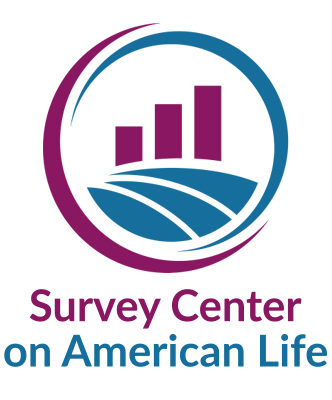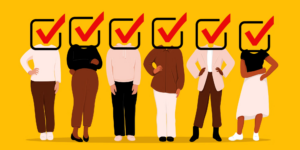
Americans today live very different lives than previous generations. Society has undergone a rapid transformation due to advances in communications technology, demographic changes, and political realignment. American family, community, and work life have each experienced evolution over the past few decades. How Americans are raised and how they think about their racial and ethnic and gender identities continue to evolve. Shifting patterns of religious affiliation and civic involvement are reshaping Americans’ communities. Meanwhile, rising religious and racial and ethnic diversity in the US has caused us to reevaluate traditional notions of American identity.
The Survey Center on American Life, a project of the American Enterprise Institute, is a nonpartisan, nonprofit organization dedicated to understanding the way cultural, political, and technological changes are shaping the lives of ordinary Americans. The Center conducts original survey research focusing on critical issues in American public and private life that are not often featured in public polling. We adhere to the highest standards in survey methodology and research practices, pursuing rigorous transparency in our approach to this work. The Center does not take political positions or advocate for particular policies.
We work closely with journalists, academics, nonprofit leaders, and others who are committed to using data and research to tell the complex and sometimes contradictory stories of American life. And to this end, we employ a combination of quantitative and qualitative research approaches to help highlight the unique perspectives and voices among the public.
Our goal is to produce impartial research and offer nuanced analysis to inform honest public debate, and encourage more thoughtful dialogue and constructive interactions among political leaders. We will challenge conventional wisdom about what Americans care about, the problems they face, and what we think of each other. We aim to move beyond national policy debates by offering a more comprehensive and contextual picture of the way Americans live, work, and socialize. In doing so, we hope to more thoroughly interrogate the origins of some of the enduring social and economic challenges facing the American public and better understand what makes Americans and American society unique.




